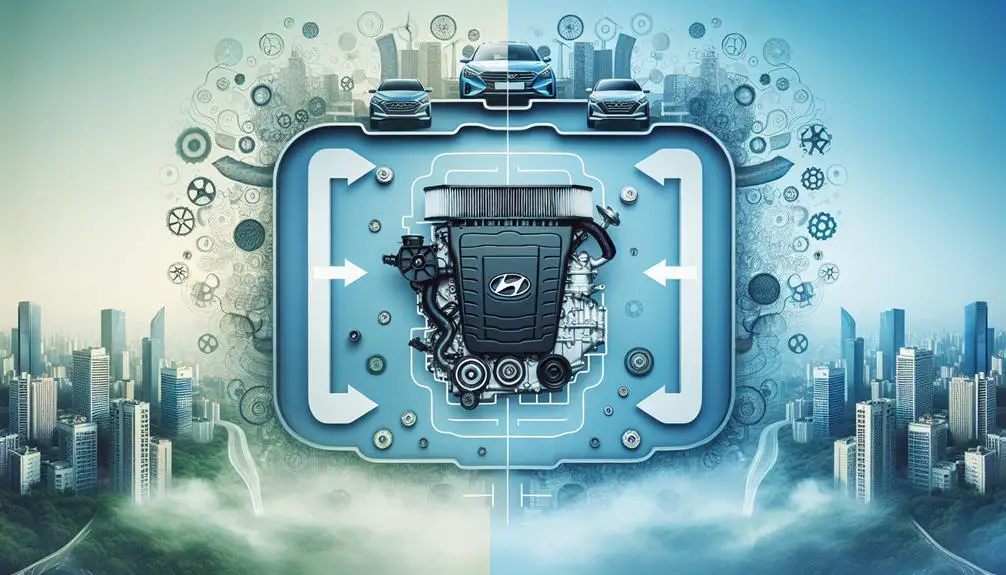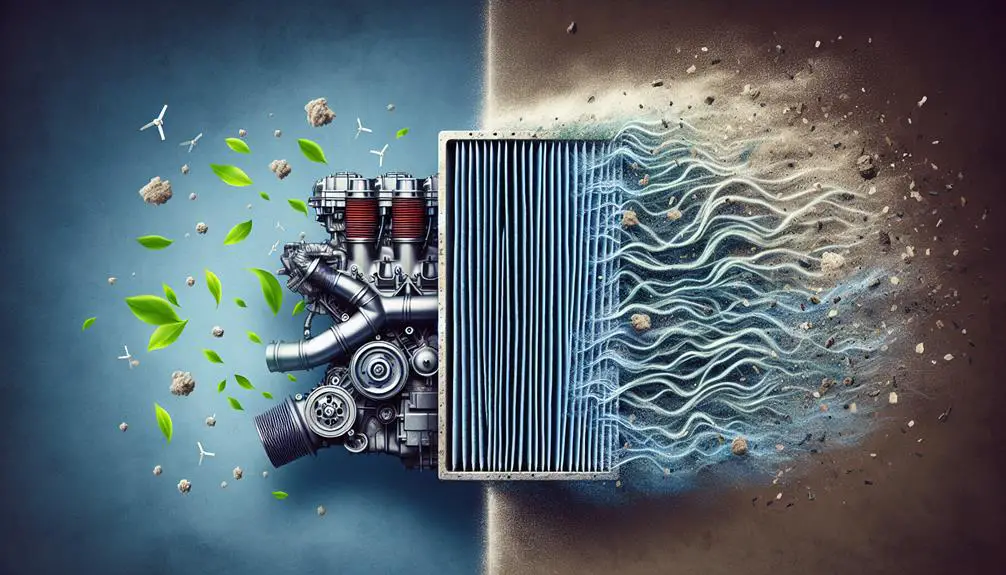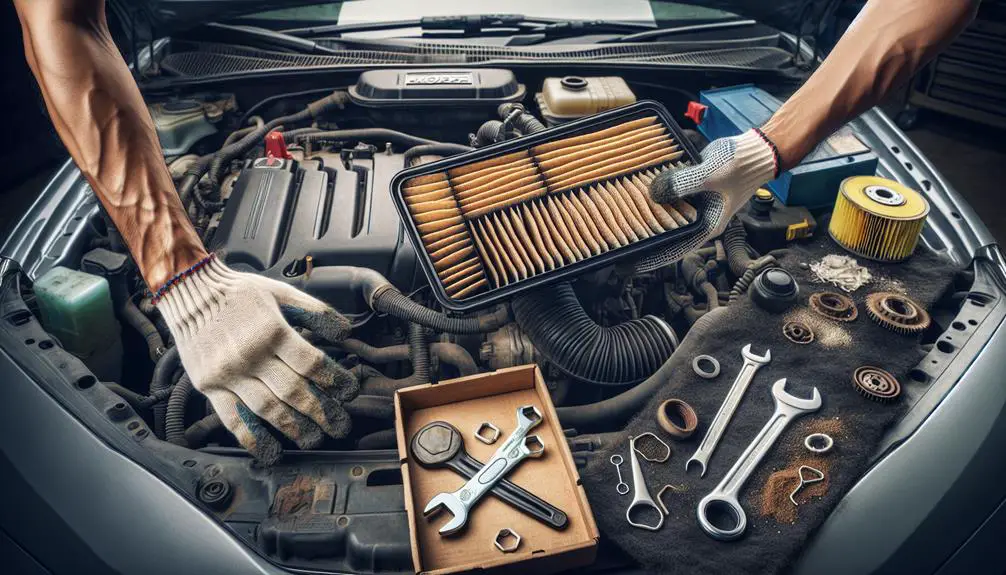The Hyundai air filter protects the engine from contaminants, ensuring clean air for combustion. It affects acceleration and fuel efficiency. Replace it when noticing performance issues.
Regular maintenance ensures smooth vehicle operation and longevity.
Understanding Hyundai Air Filters

Hyundai air filters are important for keeping the engine clean by catching dust and other particles. This helps the engine work better and use fuel more efficiently. If the air filter is dirty, it can make the car perform worse by limiting air flow to the engine. This can cause less power and slower acceleration.
It's important to regularly check and replace the air filter, especially if you drive in dusty or polluted areas. Doing this helps the engine run well and last longer. The car's manual will tell you how often to change the air filter, but it's good to check it more often if you're driving in harsh conditions.
Types of Hyundai Air Filters
Hyundai offers different air filters for various needs. Here's a summary:
- Engine Air Filter: Blocks dust and debris from the engine. Keeps air clean for fuel combustion.
- Cabin Air Filter: Captures pollen and dust inside the car for better air quality.
- Performance Air Filter: Made from reusable material, increases airflow to the engine, possibly boosting horsepower and acceleration.
- Charcoal Air Filter: A type of cabin filter with activated charcoal to remove odors and gases.
- HEPA Air Filter: Traps very small particles, greatly improving air quality.
Choose the right air filter based on your needs, like better car performance, cleaner cabin air, or engine protection. Each filter has unique benefits to match different preferences and maintenance goals.
Benefits of Regular Replacement

Changing your air filter often has many benefits, such as better engine performance and cleaner air inside the car. Here's why it's important:
- Improves Engine Efficiency: A clean air filter helps the engine use fuel more efficiently, making the car run smoother and use less fuel.
- Lowers Emissions: Dirty air filters can cause more pollution. Changing the filter regularly helps keep the air cleaner.
- Increases Engine Life: Dirt and debris can harm the engine. A clean air filter protects the engine, preventing expensive repairs.
- Better Air in the Cabin: For cars with a cabin air filter, changing it often means cleaner air inside the car, which is better for people with allergies.
How Does the Hyundai Air Filter Affect the Fuel Filter in My Car?
The Hyundai air filter and fuel filter play vital roles in your car’s performance. A clogged air filter can lead to increased fuel consumption, putting strain on the fuel filter. If you are experiencing hyundai fuel filter issues, make sure to check and replace the air filter regularly to maintain optimal fuel efficiency.
Signs of a Dirty Air Filter
Identifying a dirty air filter early can prevent major engine issues later. A clean air filter is important for your Hyundai's performance. A dirty filter blocks air, causing problems.
A noticeable issue is reduced fuel efficiency. With less air for combustion, your car uses more fuel. It's similar to the difficulty of running with a blocked nose.
Engine misfires are another sign. Too much fuel and not enough air lead to stuttering or hesitation during acceleration. This indicates the air filter needs to be checked.
Increased emissions can also occur. A dirty air filter makes the engine burn fuel less efficiently, causing more exhaust fumes and harming the environment.
An unusual engine noise, like coughing or popping, suggests the air filter is dirty. This noise means the engine is struggling for air.
Ignoring these signs can cause serious engine problems. Watching for these issues can save your car's performance.
Changing Your Hyundai Air Filter

To change your Hyundai's air filter for better performance, follow these steps:
- Find the Air Filter Housing: Check your Hyundai's owner's manual to locate the air filter housing, typically a plastic box at the front of the engine compartment.
- Open the Housing: Use the metal clips or screws to open the housing. Be careful not to break anything.
- Take Out the Old Filter: Remove the old air filter from the housing. Remember how it fits so you can place the new one correctly.
- Put in the New Filter: Place the new air filter in the housing exactly how the old one was. Make sure it fits well without leaving any gaps.
After replacing the filter, close the housing securely with the clips or screws.
Changing the air filter every 12,000 to 15,000 miles keeps your car running well. Check your owner's manual for the maintenance schedule and specific instructions for your model.
Conclusion
Understanding Hyundai air filters is simple. They come in different types, and it's important to know when they're dirty. Changing your air filter often is smart because it helps your car work better and stay healthy.
If your filter is blocked, don't wait to change it. Doing this not only improves how your car performs but also helps it get better gas mileage and drive smoother.
So, it's time to replace your air filter and enjoy the benefits. Your Hyundai will be happier and so will you.